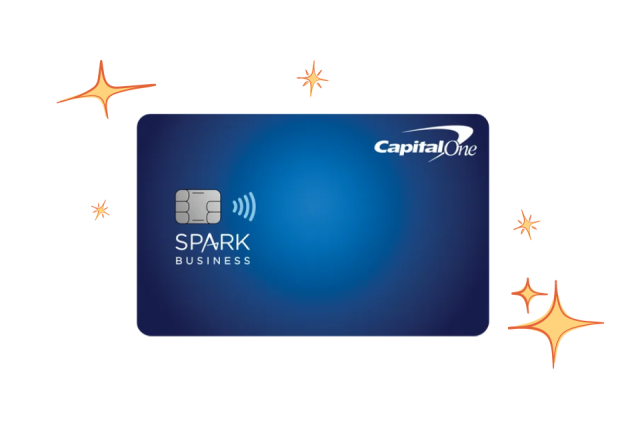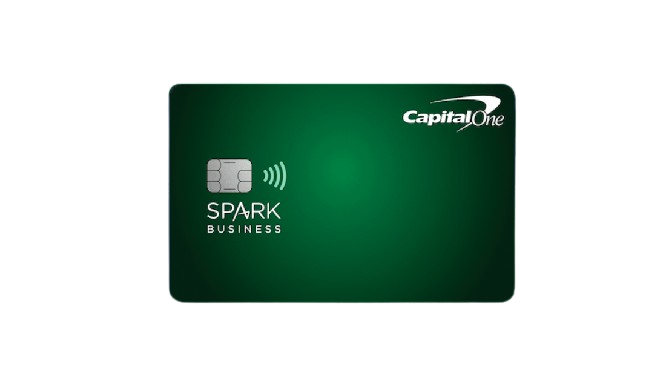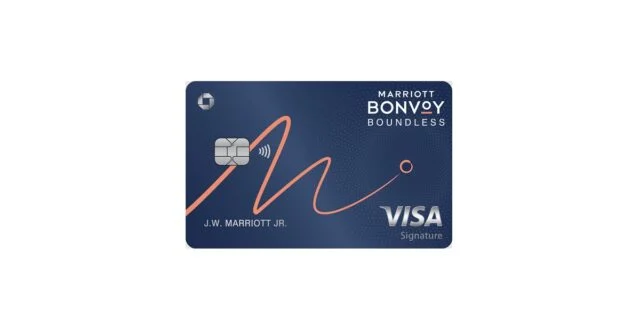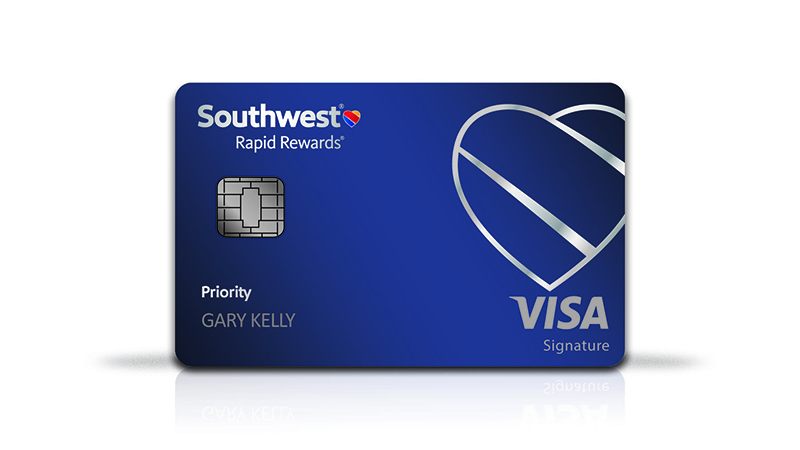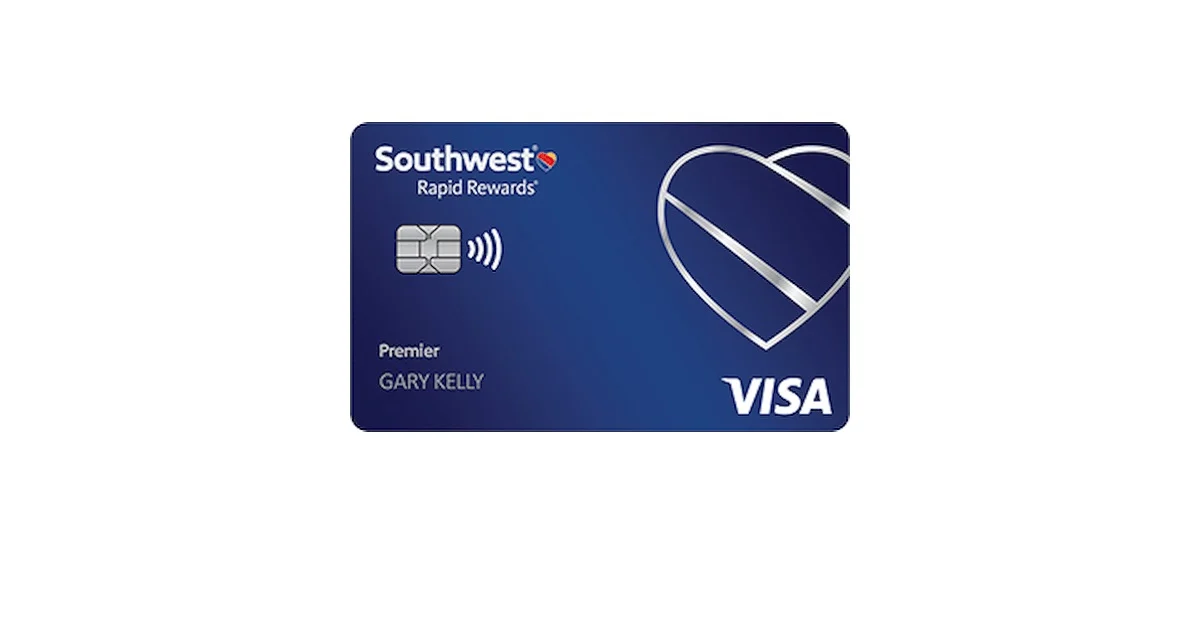In the rapidly evolving world of finance, blockchain wallets are emerging as next-generation financial tools that promise to redefine how we store, spend, and invest our money. With the ability to enable more secure, transparent, and efficient transactions, these digital wallets are at the forefront of the fintech revolution.
This blog post explores the innovative features of blockchain-based wallets, their potential to revolutionize financial services, and how they stand to benefit users in the digital age.
The Dawn of Decentralized Finance
At its core, blockchain technology offers a decentralized platform for recording and verifying transactions without the need for a central authority. This groundbreaking approach has laid the foundation for the development of blockchain wallets, digital wallets that leverage blockchain technology to offer unprecedented security and privacy for users’ assets.
Unlike traditional financial systems, these wallets give users complete control over their funds, eliminating the risk of unauthorized access and reducing dependency on financial institutions. Furthermore, by harnessing the power of blockchain, users can expect lower transaction fees compared to conventional online banking services.
Blockchain wallets come in various forms, including software wallets, hardware wallets, and paper wallets, each offering different levels of security and accessibility to cater to the diverse needs of users.
Benefits of Utilizing Blockchain Wallets
One of the most compelling advantages of blockchain wallets is their inherent security. By utilizing advanced encryption and the decentralized nature of blockchain, these wallets safeguard users’ funds from hacking and fraudulent activities. Moreover, the transparency of blockchain allows users to track their transactions in real-time, ensuring a higher level of accountability and trust.
Blockchain wallets also offer the benefit of seamless cross-border transactions. Users can send and receive funds across the globe without the hefty fees or the lengthy processing times associated with traditional banking systems.
User Empowerment through Ownership and Control
Blockchain wallets empower users by providing them with full ownership and control over their financial assets. This marks a significant departure from conventional financial systems, where institutions have control over users’ funds and personal data. In the blockchain ecosystem, users have the sole authority to manage their wealth without interference.
Furthermore, the ability to manage multiple currencies and assets in a single wallet enhances the user experience, making it easier to diversify investments and manage finances efficiently.
Riding the Wave of Financial Innovation
The rise of blockchain wallets is indicative of a broader trend towards financial innovation driven by blockchain technology. As these wallets continue to evolve, they are set to introduce new functionalities that could further enhance financial privacy, security, and inclusivity.
From integrating with decentralized finance (DeFi) platforms to facilitating tokenized assets and digital identities, blockchain wallets are on the cusp of expanding their capabilities well beyond traditional financial services.
Challenges and Considerations
Despite their potential, blockchain wallets are not without challenges. Key among these is the need for enhanced user education to navigate the complexities of blockchain technology and secure wallet management. Additionally, regulatory clarity is essential to foster widespread adoption and integration into existing financial systems.
Future Outlook: Towards a Decentralized Financial Ecosystem
The future of finance appears increasingly decentralized, with blockchain wallets playing a pivotal role in this transition. As technology matures and adoption grows, we can anticipate a financial landscape where transparency, security, and user sovereignty are paramount.
However, the success of blockchain wallets in achieving mainstream adoption will depend on their ability to address current limitations and seamlessly integrate with the broader financial ecosystem.
Conclusion
Blockchain wallets represent the next generation of financial tools, offering a blend of security, transparency, and user control that challenges the status quo of financial services. By capitalizing on the benefits of blockchain technology, these wallets hold the promise of transforming how we interact with money in a digitized world.
As we explore the untapped potentials of blockchain wallets, it’s clear that they are more than just a novelty. They are a testament to the power of innovation in creating a more secure, efficient, and inclusive financial future.
Blockchain wallets are much more than a platform for storing digital assets; they are the harbinger of a financial revolution. As we stand on the cusp of this transformative era, embracing blockchain wallets could be the key to unlocking a new realm of financial possibilities and freedom.


